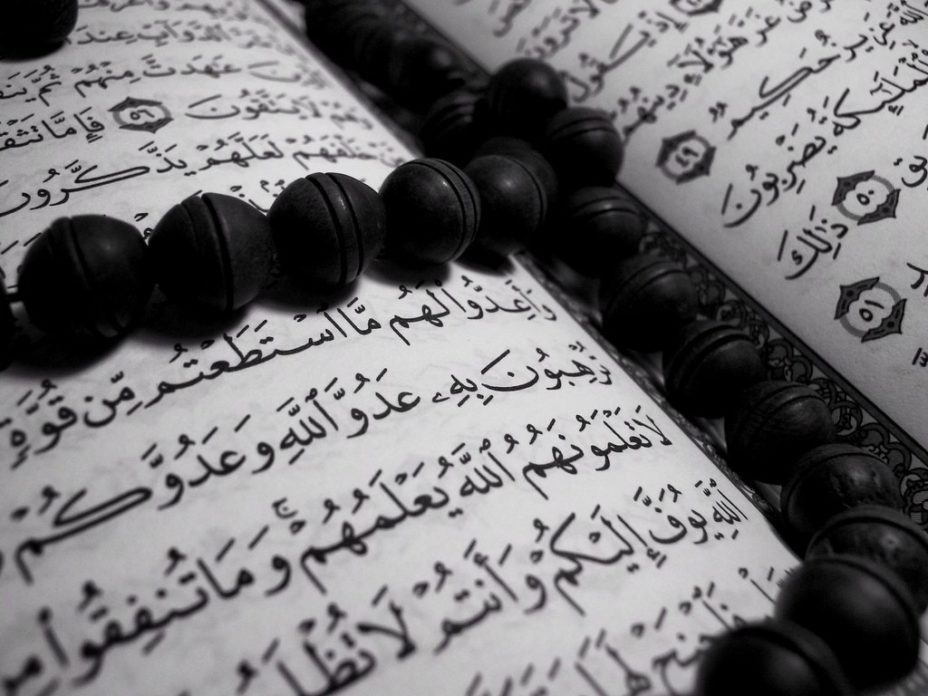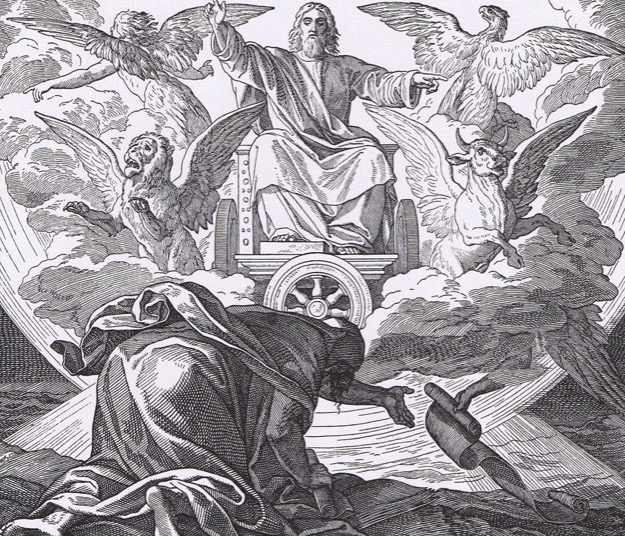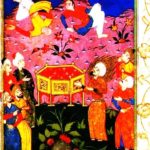Muhammad still gets no new information with surah 94, which instead consists of additional reassurances that Allah isn’t abandoning Muhammad despite Waraqah’s death, the delay in the revelation, the mockery of the people in Mecca, his son’s death, and/or the dog under his bed.
This probably came in separate revelations, too, 1-4 together, then 5-6, then 7-8, but it’s so closely related and the content is really so slight that it’s excessive to break it up.
- Did we not expand your breast for you
- And delivered you of your burden,
- That which weighed down your back,
- And lifted up you your fame?
- So indeed, with the hardship is ease.
- Indeed, with the hardship is ease.
- So when you are empty, toil,
- And so desire your Lord.
An enlarged breast means a chest that is puffed up and proud as opposed to a back that is stooped and a heart that feels constricted. Before Muhammad married Khadija, he had a lowly position, but he was so wealthy after the marriage that he was able to help out his relative Abu Talib in his time of need. Being puffed up with pride is a positive thing for Muhammad because he is, quintessentially, an Arab from a shame culture. The idea of honor or face is inextricably linked to worldly position, and so Muhammad’s position in society, being lifted up from his poor origins, is a sign of Allah’s favor toward him. This is why, over and over again, the Quran asserts that Muhammad’s special treatment–the extra wives he will get, the revelations that are often made specifically so he gets to satisfy his urges, and so on–is a sign of his high esteem in Allah’s eyes, whereas to a Christian audience, such special allowances would be seen as a sure sign of the perversion and falsity of Muhammad’s Code or Deen.
Some commentators have attempted to make this refer to the Night Journey, but a breast that expands cannot have the meaning of a breast that is cut open. There is no reference to the Night Journey in any part of the Quran.
This surah then plays on the ideas of hardship and ease that were already seen in other surat.
The last two ayat are really the only ones with a meaning that isn’t readily apparent. Most of the Islamic commentators take “empty” to mean free of other obligations–whenever you don’t have any other pressing duties, you should be laboring in the cause of Allah.





